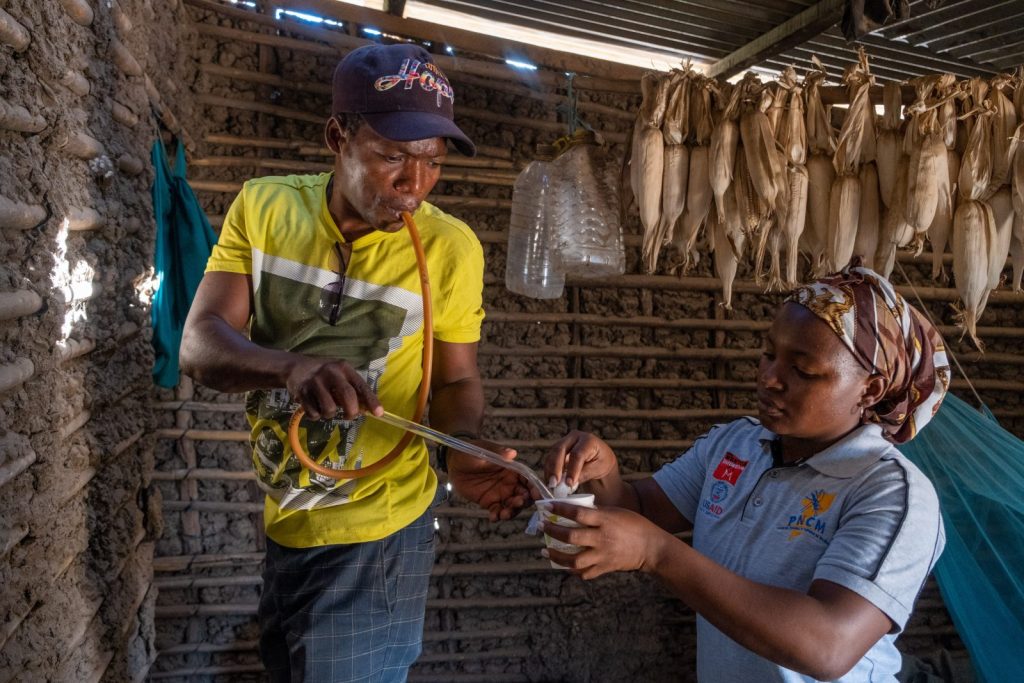“The entomological monitoring of mosquito behaviour is critical to reduce deaths and suffering from the diseases they transmit,” says Mohammad Kamal, MENTOR Research Coordinator in Yemen speaking on World Mosquito Day (20 August).
“Regular surveillance of the world’s deadliest animal, which spread diseases such as malaria and dengue, ensure MENTOR programmes make the most impact and save lives.”
MENTOR’s integrated vector management approach looks to understand mosquitoes’ behaviour, how they interact with people and how vector control strategies can be more effective.
MENTOR has been actively involved in vector surveillance for Anopheles species in countries such as Angola, Mozambique, Nigeria and South Sudan. In Venezuela and Yemen surveillance activities have focused on the Aedes species. Effective entomological surveillance can also lead to the discovery of new invasive species, such as during a MENTOR study in Yemen where Anopheles stephensi was found. (https://malariajournal.biomedcentral.com/articles/10.1186/s12936-022-04427-9)
Kamal said: “With the growing threat of an invasive species like An. Stephensi, we must adapt methods and approaches so that control activities are targeted and effective. Supporting the development of innovative tools and testing their efficacy in challenging settings also ensures our work controls mosquitoes and the diseases they spread.”
Caption: Daúdo Abdala and Mirene Paulino, entomology technicians from the Pemba
insectary in Cabo Delgado, remove mosquitoes from an interior wall during cone
bioassay surveys following the indoor residual spraying campaign in Namuapala Village, Metuge District, Mozambique.

